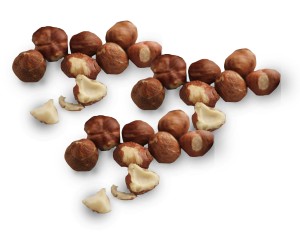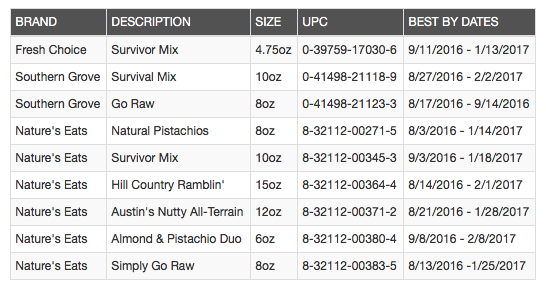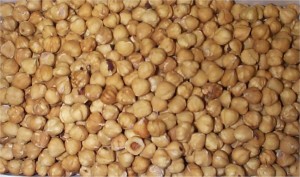A lot of a risk manager’s job is just paying attention to what’s going on. Food safety types at a company that buys food and resells it (a grocery store, food service operator, wholesaler) or uses food ingredients, should be constantly scanning the news and literature for what risks suppliers are encountering. They might look for stuff like whether the vendor’s industry is dealing with increased focus from regulators or if similar inputs are being recalled or linked to illnesses.
Paying attention is the first step, but making decisions to switch suppliers or increase standards is how food gets safer. For this to work though, information needs to be publicly shared. When a regulator finds a problem with a supplier but doesn’t name the source, hiding behind privacy rules, they are doing a disservice to public health. Pretty hard for a buyer to proactively switch away from a supplier who is having Salmonella issues if they don’t know who has problems and who doesn’t.
And so expands the recall as CFIA’s investigation reveals that an unnamed nut seller’s bulk nuts have been spread across Quebec.
The public warning issued on May 16, 2013 has been updated to include additional product and distribution information.
The Canadian Food Inspection Agency (CFIA) is warning the public not to consume certain in shell hazelnuts or mixed nuts in shell described below because the products may be contaminated with Salmonella.
The following products (list can be found here -ben) were sold in packages of various weights or in bulk at the locations indicated below. Consumers who are unsure if they have affected product are advised to check with their retailer.
These recalls are part of an on-going food safety investigation associated with a recall of bulk hazelnuts from USA. The CFIA is working with the recalling firms and distributors to identify all affected products.
The importer, distributers, and retailers are voluntarily recalling the affected products from the marketplace. The CFIA is monitoring the effectiveness of the recall.
If I was a nut buyer, I’d want to know who the Salmonella-linked importers and distributors are.
 American Gourmet was informed by its Pistachio supplier to initiate a voluntary recall.
American Gourmet was informed by its Pistachio supplier to initiate a voluntary recall. 


